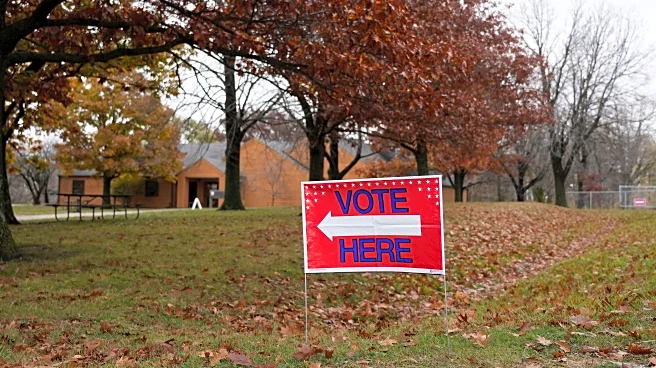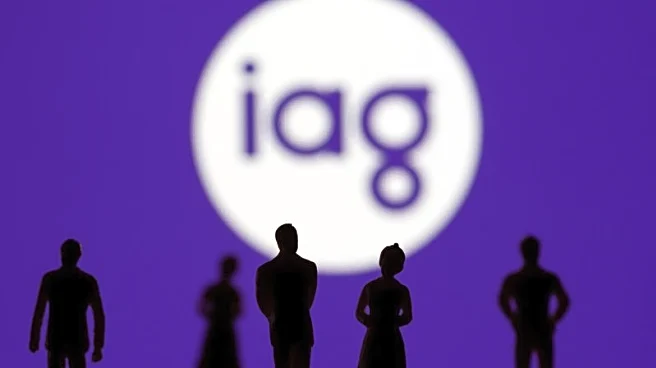What's Happening?
The BBC has been directed by UK media regulator Ofcom to issue a prime-time apology following a serious breach of broadcasting rules. The breach involved a documentary titled 'Gaza: How to Survive a Warzone,'
which failed to disclose that its narrator was the son of a Hamas official. Ofcom's investigation concluded that this omission was materially misleading, depriving the audience of critical information that could have influenced their perception of the narrator and the documentary's content. The BBC's director general has acknowledged the failing in accuracy and the corporation has accepted Ofcom's ruling in full. The documentary was removed from the BBC's iPlayer in February after the familial links of the narrator were revealed.
Why It's Important?
This incident underscores the importance of transparency and accuracy in broadcasting, especially for public service broadcasters like the BBC. Trust is a fundamental component of the relationship between broadcasters and their audiences, and breaches like this can significantly erode that trust. The BBC's acceptance of the ruling and its commitment to implementing measures to prevent future occurrences highlight the ongoing challenges in maintaining editorial standards. The ruling also serves as a reminder of the complexities involved in reporting on contentious issues such as the Israel-Gaza conflict, where the background of contributors can heavily influence the narrative presented to viewers.
What's Next?
The BBC is expected to comply with Ofcom's directive by broadcasting a statement of findings against it on BBC2 at a date yet to be confirmed. The corporation has pledged to implement measures to ensure compliance with both its own editorial standards and those of Ofcom. This may involve more rigorous compliance checks and enhanced editorial oversight for future productions, particularly those dealing with sensitive and contested topics. The incident may also prompt other broadcasters to review their own compliance procedures to avoid similar breaches.
Beyond the Headlines
The breach highlights ethical considerations in documentary filmmaking, particularly the need for transparency about contributors' backgrounds. It raises questions about the role of independent production companies in maintaining editorial standards and the extent of responsibility held by broadcasters for content produced externally. The situation also reflects broader challenges in media coverage of politically sensitive regions, where narratives can be influenced by the affiliations of those involved in the production.












